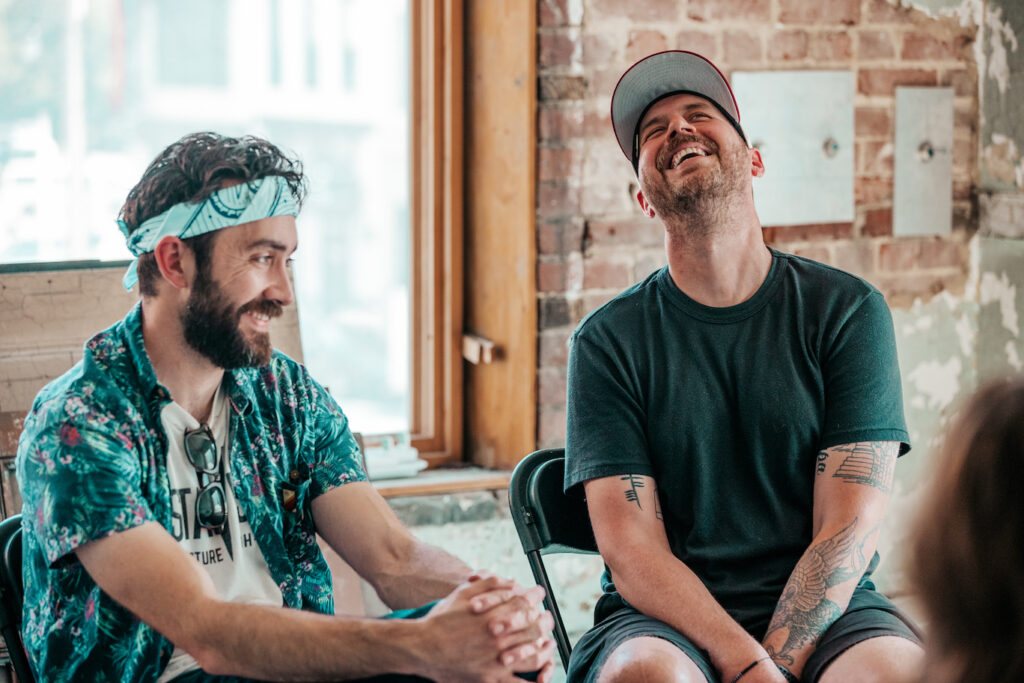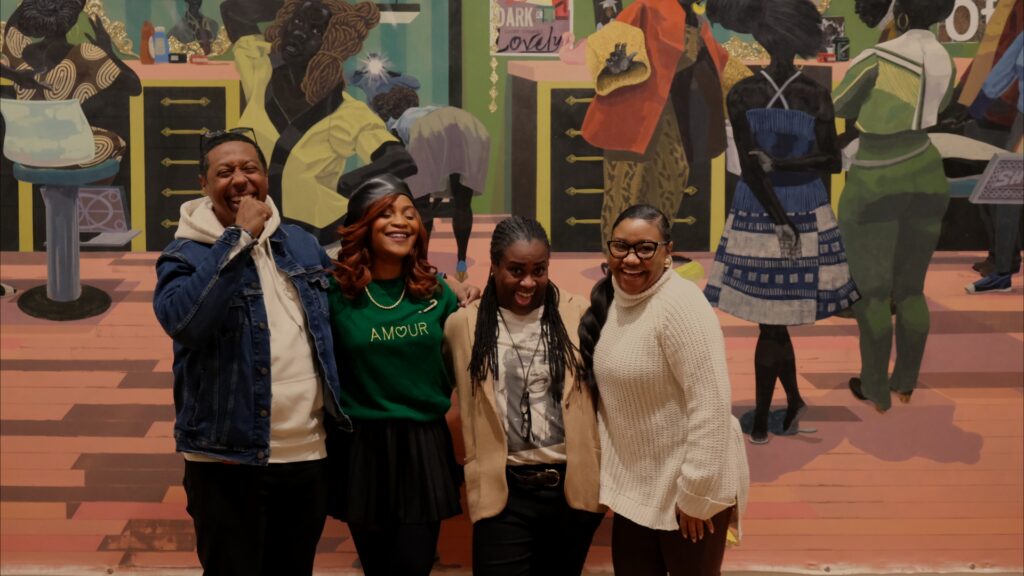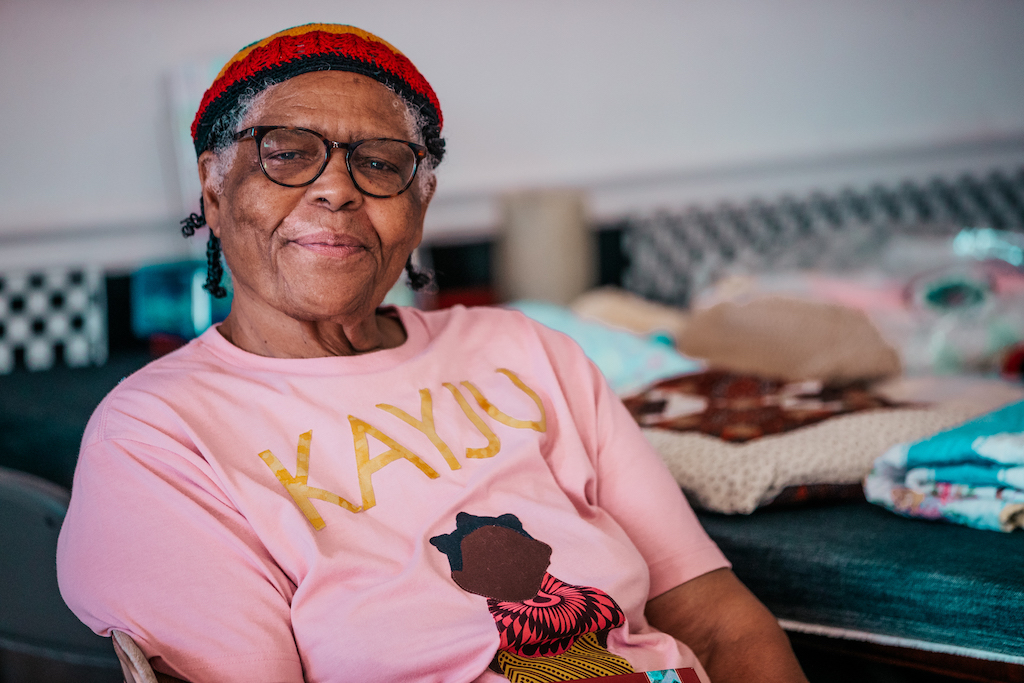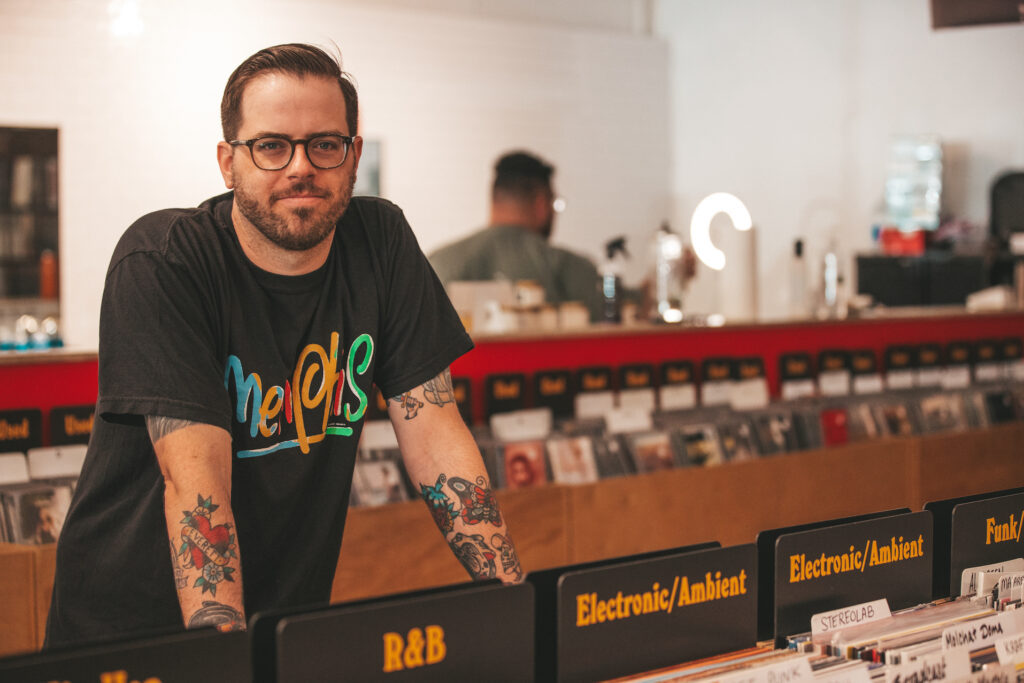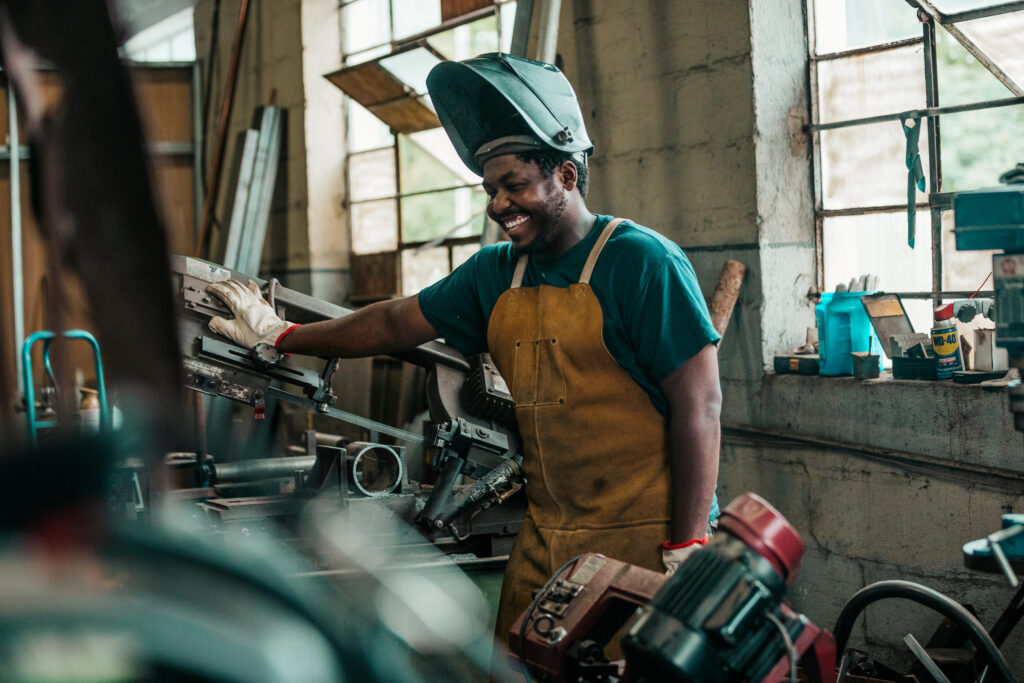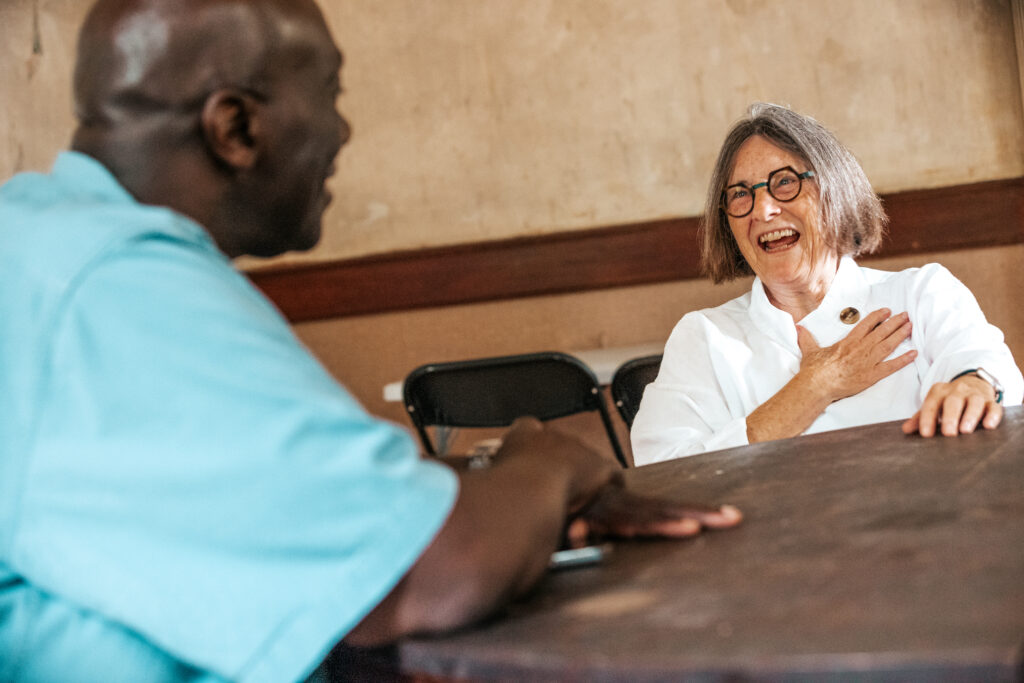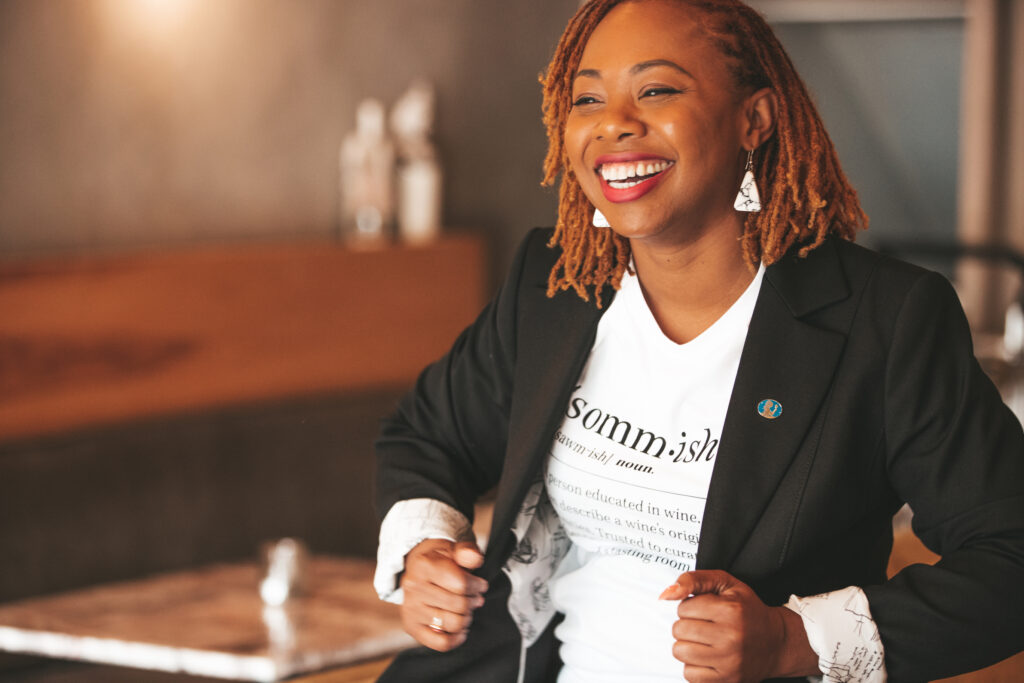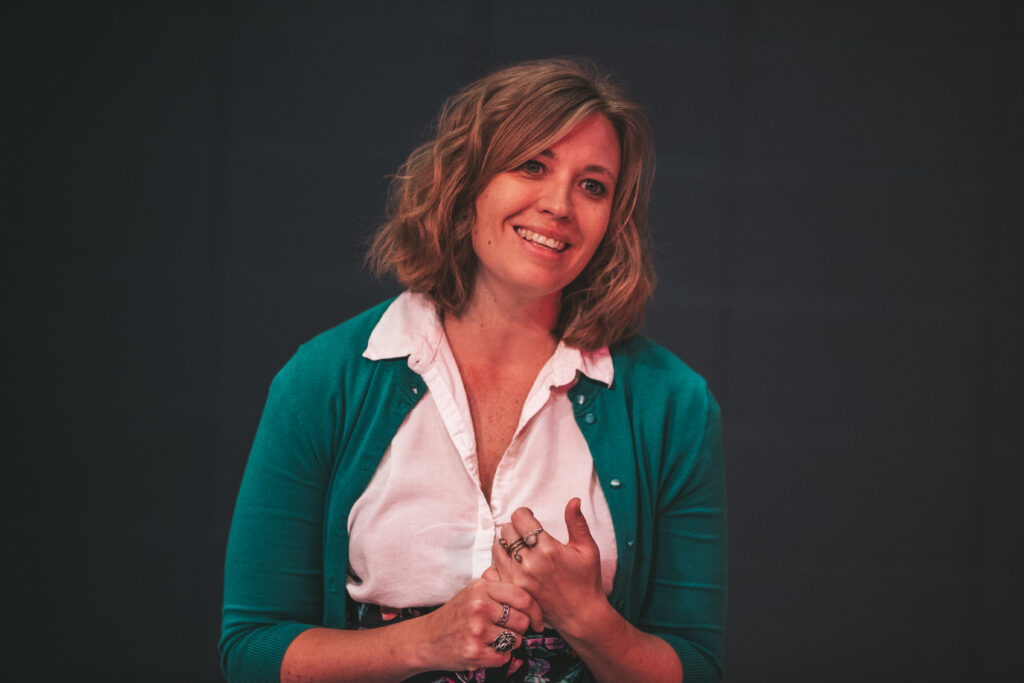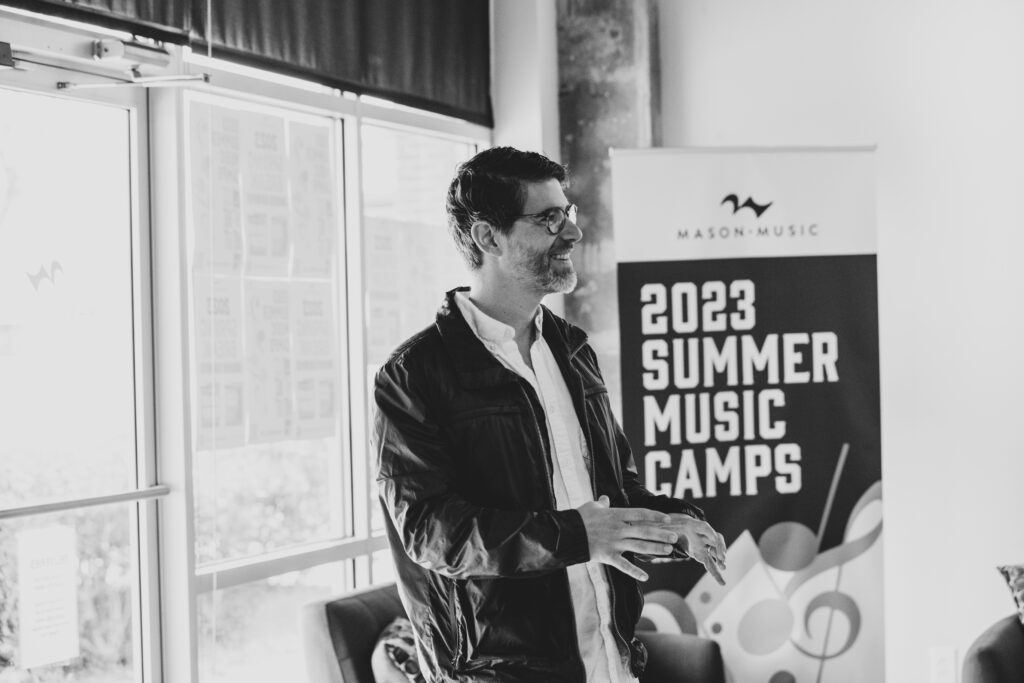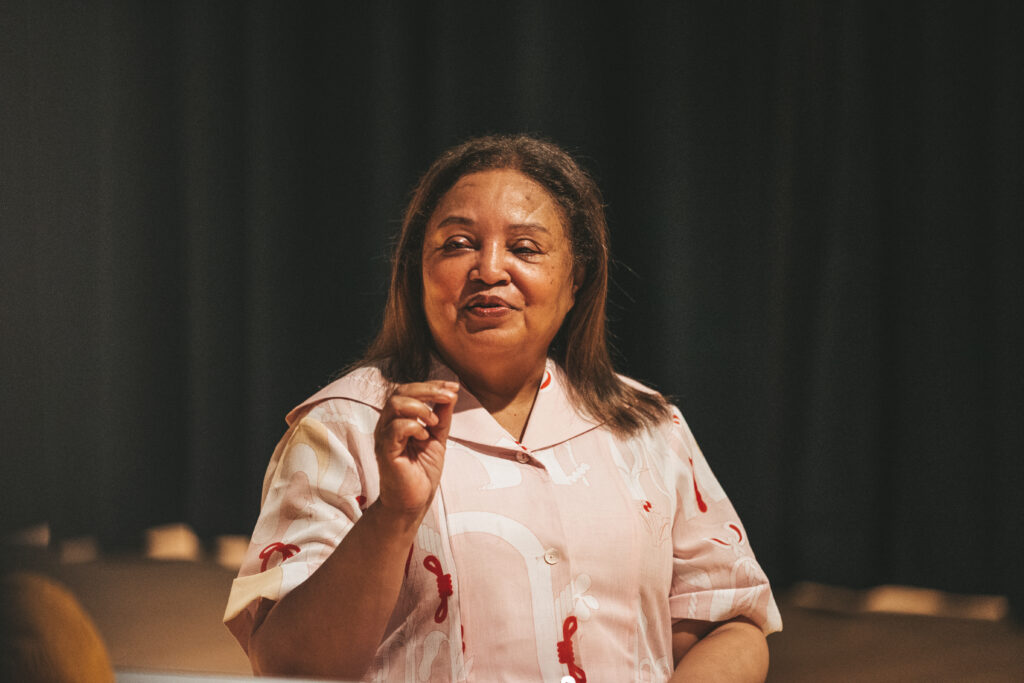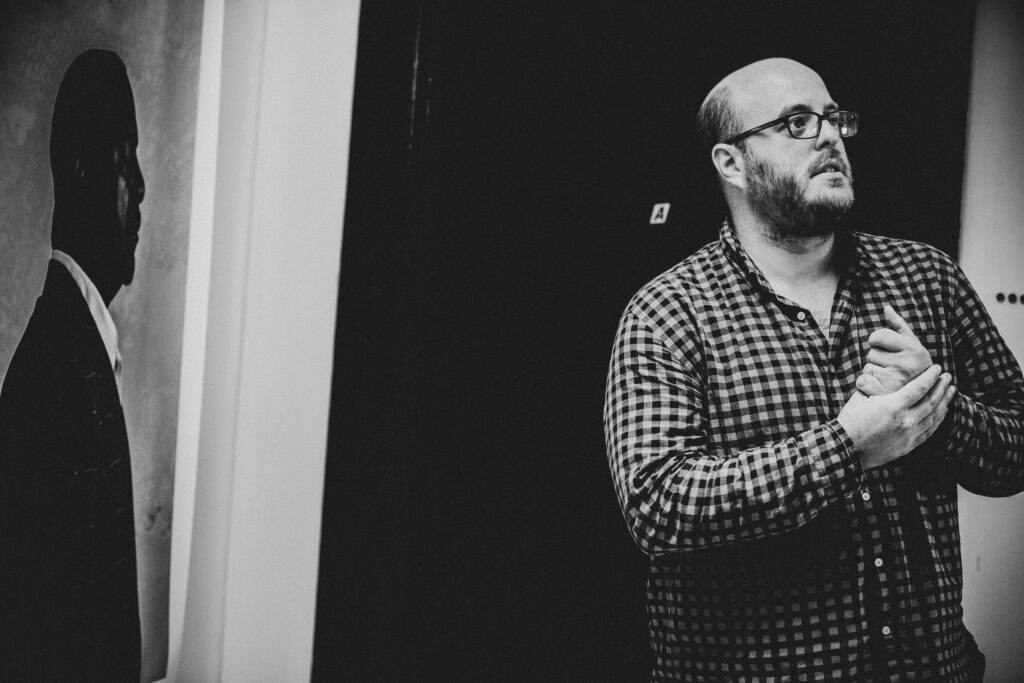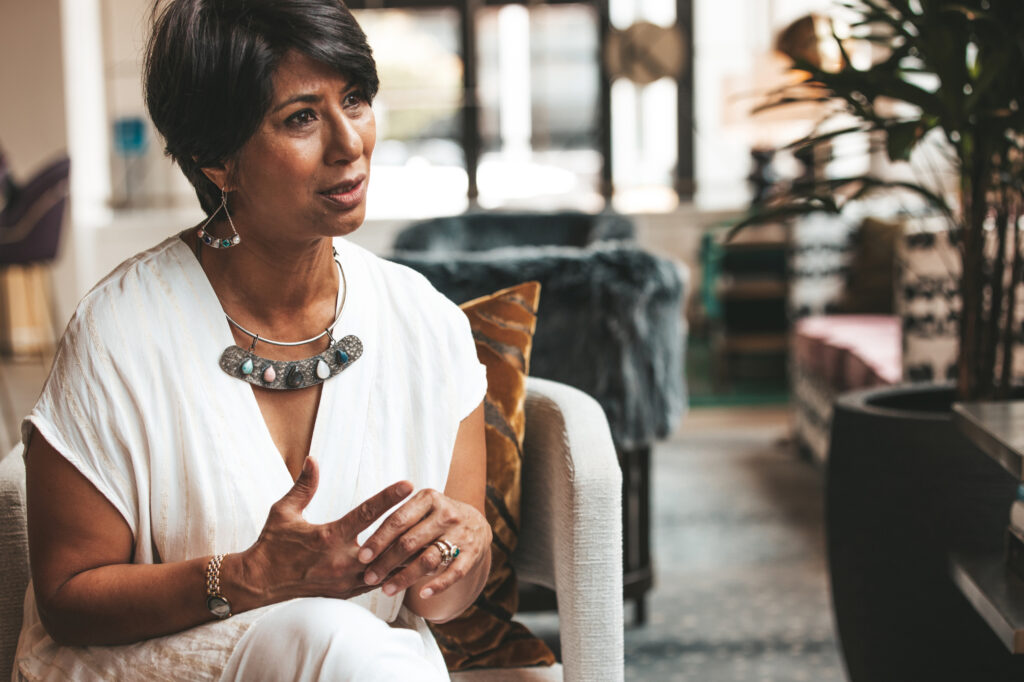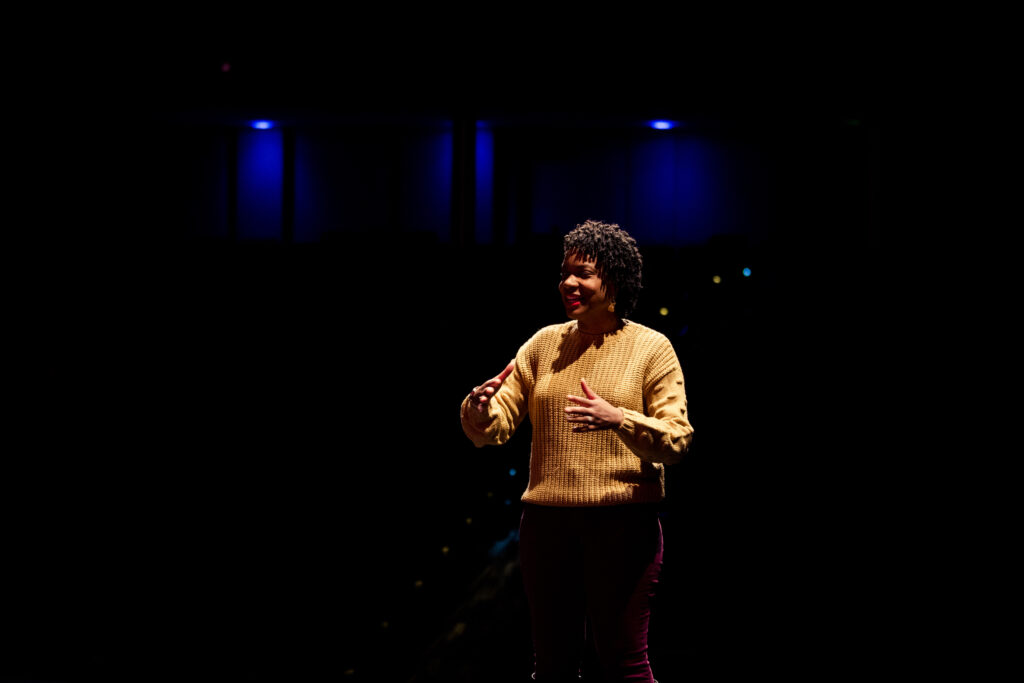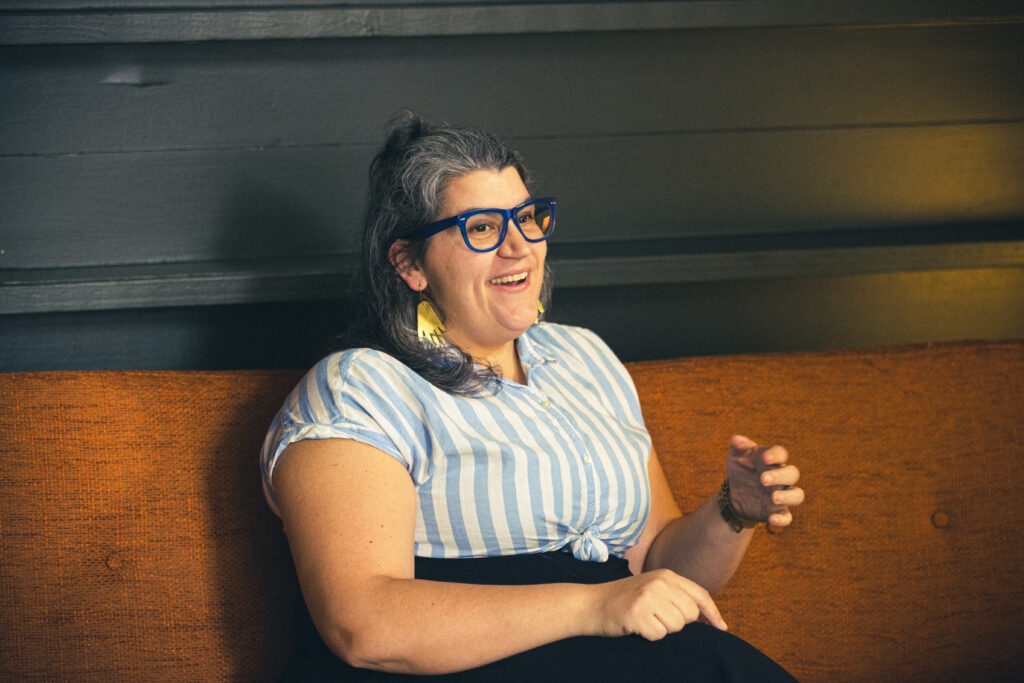Interview by Tonia Trotter
Photos by Ambre Amari
For years, Birmingham has quietly cultivated a culinary culture that is unique, discerning, and yet unpretentious. From pit barbecue to James Beard award-winning fine dining, food is perhaps the mother tongue of our diverse community. That philosophy is, no doubt, a factor to Birmingham’s success as a publishing hub for the myriad of lifestyle and cooking magazines and online content headquartered at Meredith Corporation. Leading the pack as Editor-in-Chief of Food & Wine is Hunter Lewis, who shares with us this week how a New York City food editor came to feel at home in the deep south.
Hunter, you’re originally from North Carolina, but you built your career in culinary arts and journalism in New York. What made you decide to move to Birmingham?
My first day in Birmingham was my first interview here six years ago. At that time, I had my dream job at Bon Appetit as a food editor, a six-month old baby, and a one-bedroom in Brooklyn Heights. There was a position for Executive Editor at Southern Living open, and Sid Evans, the Editor-in-Chief, had come calling.
I was impressed by what I saw here in Birmingham, and I was taken to lunch at Saw’s Soul Kitchen. Avondale was just starting to percolate, and I remember thinking that it was a cool neighborhood. My wife Ellen, who is also from North Carolina, told me, “Get us the hell out of here!” We moved down that fall.
How did you acclimate to that shift in culture?
 The first year was all about transition. I didn’t love it initially. The work was thrilling and challenging, but I felt out of place socially. I was 34 with a young baby, and my wife and I knew one person. It took us a while to find both our creative community and our life-long friends. Once we did, it felt like home. Six years later, I can say that I’ve truly fallen in love with Birmingham. I still work in our New York office a great deal, but there’s an exhale and a sense of relief when I fly back in to the Birmingham airport.
The first year was all about transition. I didn’t love it initially. The work was thrilling and challenging, but I felt out of place socially. I was 34 with a young baby, and my wife and I knew one person. It took us a while to find both our creative community and our life-long friends. Once we did, it felt like home. Six years later, I can say that I’ve truly fallen in love with Birmingham. I still work in our New York office a great deal, but there’s an exhale and a sense of relief when I fly back in to the Birmingham airport.
This city offers such a great quality of life. It’s easy to get around, a wonderful place to raise our children Frances (7) and Smith (5), and there are always fun things to do.
It’s wonderful that you have found a sense of home and community here. Professionally, what are the perks of working in Birmingham?
Being able to create and be based in Birmingham with half of our editorial team here and half in New York is to our advantage. We have invested a lot into understanding the psychology of our audience, and I think the duality of having those two offices allows us to better serve sophisticated consumers everywhere.
The way we cook, shop, entertain, buy wine, work, and travel out of Birmingham is much more in line with culture across the country than how a lot of our peers in media operate within the bubble of New York. There it’s easy to feel like you’re the center of the universe, but living in Birmingham has taught me how to be in line with who our consumers are and how they live.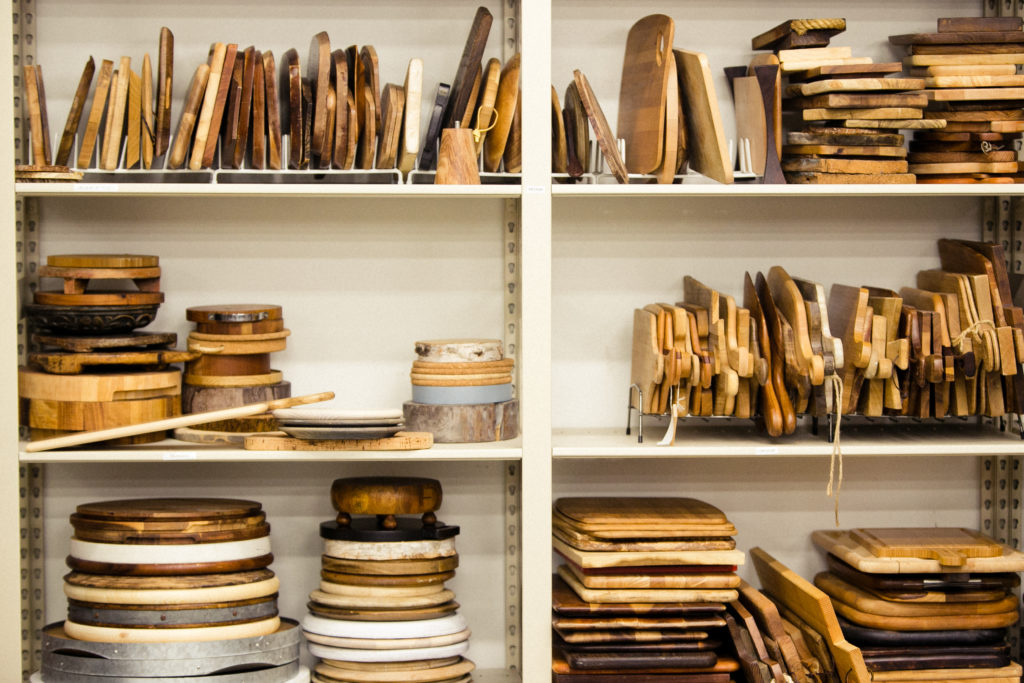
New York has an incredible kinetic energy. You are immersed in a creative culture at work and at play; everyone is doing something interesting or at least pretending to. In Birmingham, you have more time, space, and freedom to create. It’s less harried and, in a way, allows us be more productive because there’s less white noise and distractions. We are able to be more intentional about our choices.
What is the mission of Food & Wine in general and its presence here?
Our tagline is “upgrade your everyday.” The two hallmarks of what we do are service and hospitality. Our service is actionable: “What can we offer you?” and “What can you take away?” is what we strive to put into every story and every screen. Hospitality is “How do we make you feel?” We want to make sure that the exchange is warm and every experience is joyful so that you keep coming back for more. That same philosophy extends to our events. Whether you’re at the Food & Wine Classic in Aspen or Nashville’s Food and Wine Festival, we want you to experience the brand as it comes to life.
To achieve that mission in Birmingham, we have our art department, our photography department, production team, and several key editors as well as a 40,000 square food test kitchen and food studio. The majority of our recipe development and testing and our photography and video comes out of Birmingham. There’s so much home-grown talent here.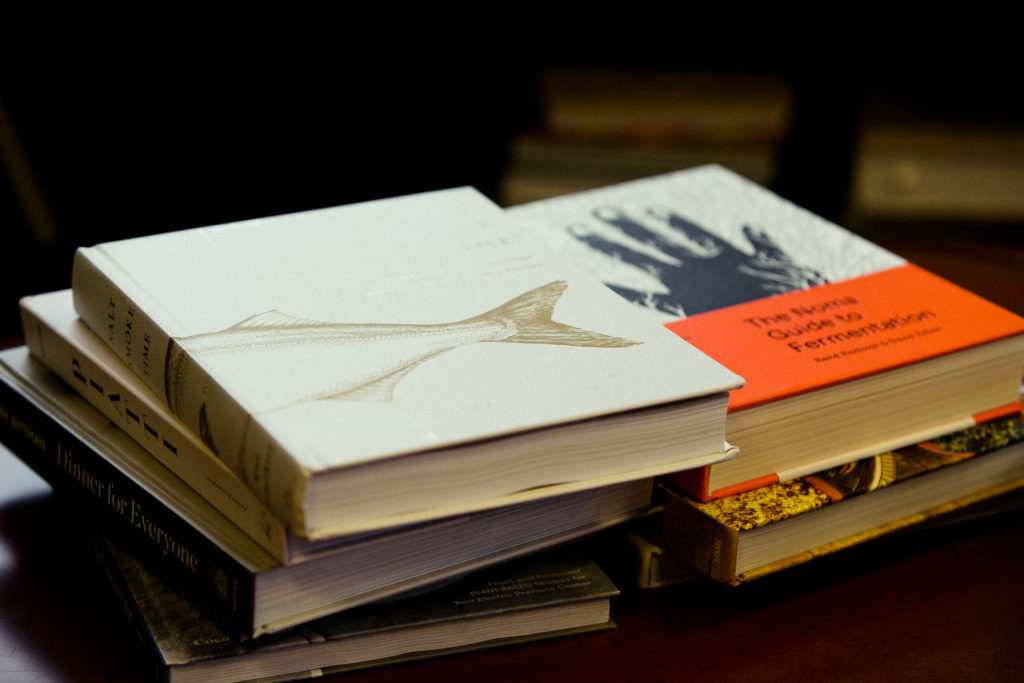
You were formerly a food editor. How would you define Birmingham’s culinary culture?
It’s still young, but it’s showing a lot of promise and consistently getting more diverse. It’s going to be tested in numerous ways as more businesses open. We are leaning heavily on the service industry as a whole to grow our local economy, and I think we may be leaning a little too hard on restaurants in particular as places of work. It will test our labor force in new ways.
There’s a major anchor in what Frank and Pardis Stitt have done, the bar that they have set, and the people they have trained. We should be putting more pressure on our consumers; if you want to have a world-class city, you have to go out and vote with your fork. We’ve been fortunate to have some high profile articles written about us in The New York Times and Wall Street Journal. It’s time that we, as members of this community who can afford to do it, support local food, shop at farmers markets, and go out to eat.
What are some of your favorite local spots?
I love The Essential and El Barrio. I went to the opening of Rodney Scott’s and was excited to see a diverse crowd lined up at the door. I enjoy getting drinks at Queen’s Park, Atomic, or Good People. Chez Fon Fon is always good, and on the weekends I love to cook at home.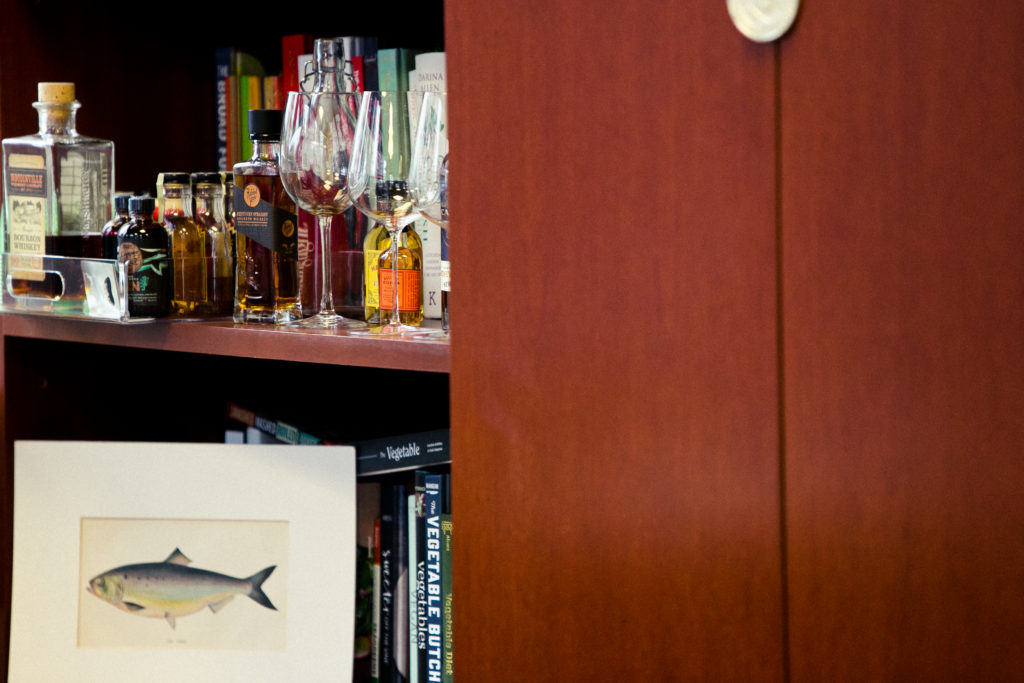
You worked as a cook at Jonathan Waxman’s NYC restaurant Barbuto, so you’re not the average weekend home cook. What do you like to cook and do you think you’ll ever return to that line of work?
I was trained to shop and prepare fresh, seasonal foods with an Italian bent. My style has evolved from that and all my travel experiences and the cookbooks I’m reading. I definitely could see myself making a shift. I’d like to open a little joint by the water with a menu that changes every day, a handful of great wines, beers, and cocktails, and a clubhouse for friends and family. I call it my “break-even retirement plan.”


